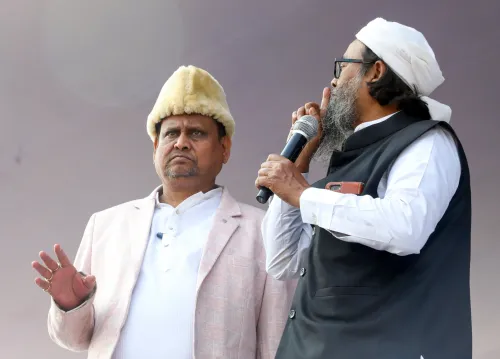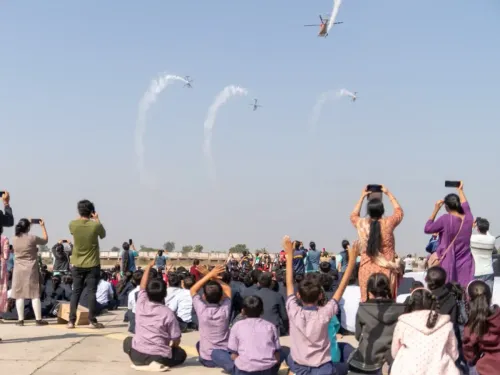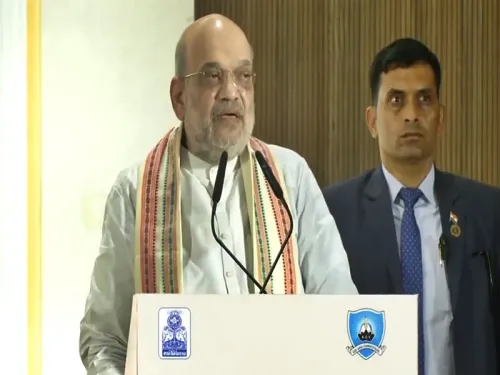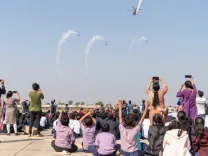Is Yusuf Azhar, the IC-814 Plane Hijack Accused, Dead After India's Revenge at JeM Base?
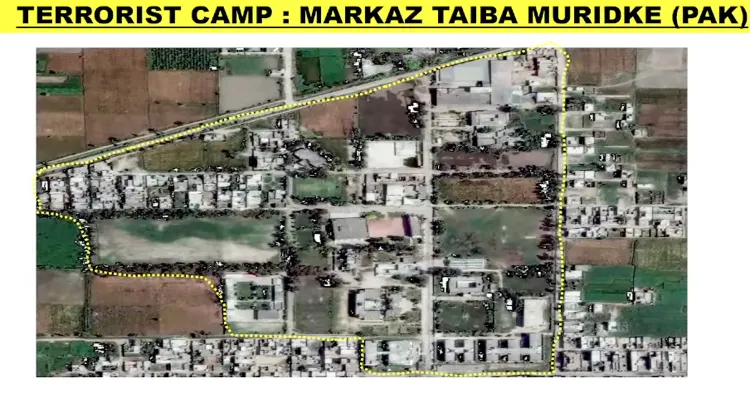
Synopsis
Key Takeaways
- Yusuf Azhar was a key figure in the IC-814 hijacking.
- India's military response was aimed at dismantling terrorist networks.
- Over a hundred terrorists were killed in the strikes.
- The operation brought closure to families affected by the hijacking.
- Masood Azhar acknowledged personal losses but remains defiant.
New Delhi, May 10 (NationPress) Approximately two weeks following the Pahalgam terror incident, India exacted its revenge by conducting one of its most significant military operations against terror strongholds within Pakistan. The pre-dawn strikes on May 7 targeted both Pakistan and PoK, resulting in the deaths of over a hundred hardened terrorists at various camps associated with groups such as Lashkar-e-Toiba and Jaish-e-Muhammed.
During these operations, Yusuf Azhar, a central figure in the IC-814 hijacking—infamously known as the Kandahar hijack—was eliminated as Indian drones and bombs transformed the JeM terror camp into a graveyard. Azhar was not only a key accused in the hijacking but also the brother-in-law of JeM's founder, Masood Azhar.
The Indian Airlines Flight 814 was hijacked on December 24, 1999, to facilitate the release of three notorious prisoners detained in Indian jails—namely Masood Azhar, Omar Sheikh, and Mushtaq Zargar.
Yusuf Azhar, who was killed during the military action on May 7, played a crucial role in assisting the hijackers in landing the Indian Airlines plane in Afghanistan and subsequently blackmailing the Indian government for the release of Masood Azhar.
Known by aliases such as Ustad Ji and Mohd Salim, he was also responsible for weapons training within JeM and was implicated in numerous terror attacks across Jammu and Kashmir.
The elimination of the accused in the Kandahar hijacking during the Pahalgam retaliation brings a sense of closure to families who suffered during the hostage crisis. In a twist of irony, Masood Azhar has faced immense personal loss, yet reportedly remains unrepentant, acknowledging on social media that he lost ten relatives in the Indian assault on Markaz Subhan Allah in Bahawalpur, Pakistan.
Another notorious JeM operative killed in the strikes was identified as Jameel, who was also related to Masood Azhar. He was responsible for overseeing Markaz Subhan Allah, the JeM headquarters located deep within Pakistan, and played an active role in recruiting and indoctrinating youth into the JeM terror agenda.


